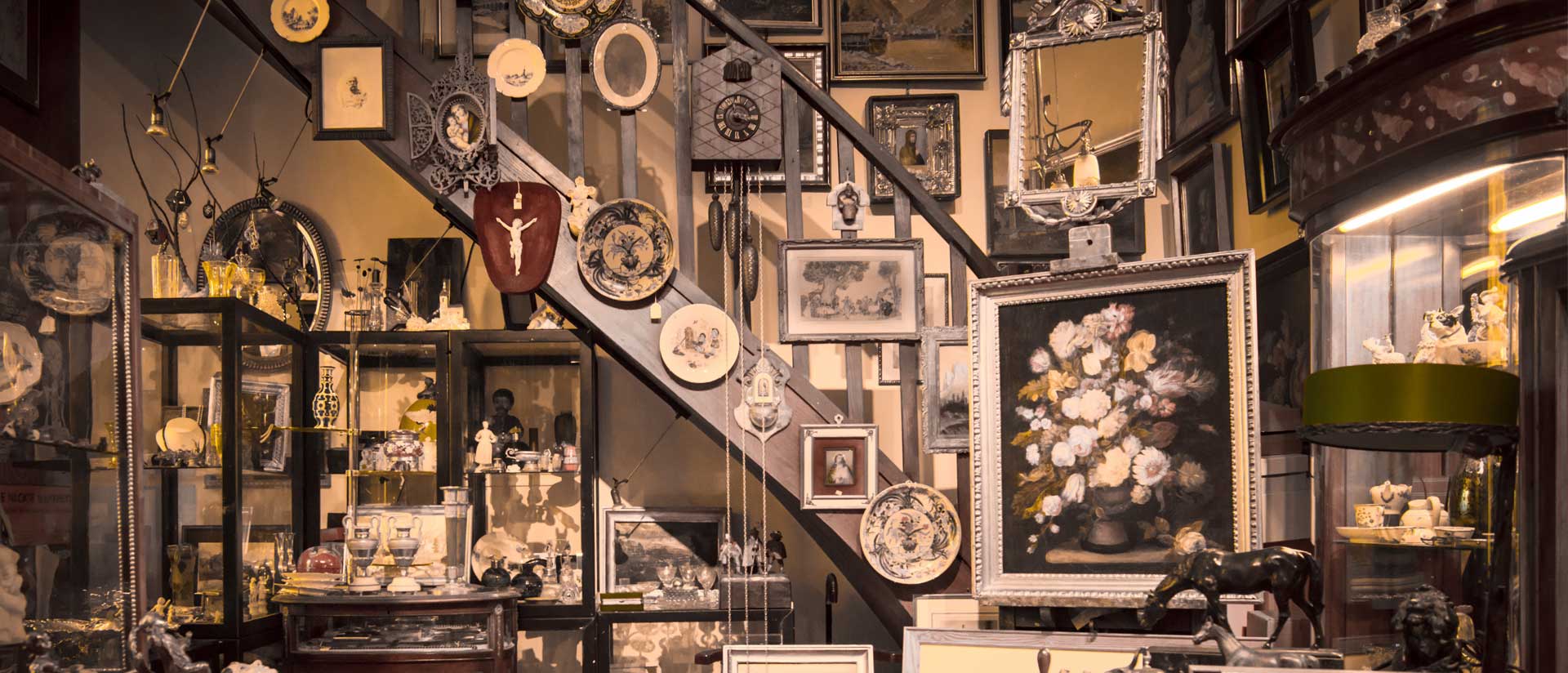
No one wants your stuff after you die. Your restored love seat from 1894, your 3rd generation silverware and fine china dining set, your mud-stained Jimi Hendrix t-shirt from the Monterey Pop Festival, these cherished items that gave you cherished memories and a sense of purpose on this planet are little more than garbage and a hinderance in the eye of other people. So why is it some people go to such great lengths to leave certain items of personal property to specific individuals?
Case in point: I met with a couple who squabbled amongst one-another how to split up the family artwork. These people were not art collectors, they were average Joes and Janes who on a whim bought stuff they found interesting throughout their travels. Watching them spend 20 minutes disagreeing on which child received each of their 20+ paintings and prints was a little less agonizing than a root canal without anesthesia. So I asked them: What piece of art did each child want? Silence. Did they think their children could not amicably split the artwork? Nothing. Did the art actually have any monetary value? Crickets. And I let them know what I’m about to tell you:
Your children believe in a lifestyle with a low impact on the environment, I.e. they are not going to live in a McMansion with ample wall space for cruddy street art from your 1988 road trip through Santa Fe. Their artistic interests tend to me minimalist, not that gaudy, high-falutin porcelain dishware your parents were given as a wedding gift in 1962. Your jewelry is old and boring and will sit at the bottom of their jewelry box. And don’t get me started about furniture: They HATE your furniture, and would likely burn it before finding a dark, damp space in their basement to hide if from their neighbor’s peeping eyes.
And frankly, your individual collectibles are probably worth a little bit less than your most-recent Seamless order. Your aunt’s depression ware glass set? Trash. Your copy of Batman vs. Birdfaceman #3 from 1981? Junk. Even some of the jewelry, passed down from your great great aunt Matilda when she emigrated from the Philippines in 1906 is probably neither interesting to your family, nor will it be worth anything to any collector. I am not saying that some gems don’t exist in your treasure trove of paraphernalia: You may find your copy of Uncanny X-Men #1 or remember your mother’s blue diamond earrings, but items of personal property with intrinsic value are few and far between.
My big takeaways are this: Ask your family if anyone wants any piece of personal property and either include the bequest in your Will or with instructions to your Executor. Make sure your Will gives your family the ability to divide property as they agree to, and leave your Executor the ability to either be the final arbiter or force them to sell disputed items and distribute the proceeds amongst the fighting beneficiaries. And be careful in providing a financial set-off if you leave a valuable item to one child: What financial value you assign to an item is likely to be far off the mark from its actual value.
So make sure when you are buying “stuff” that you are buying it with you – not your family – in mind. Styles and attitudes change all the time, meaning your family is either not interested in accepting your cherished items, or (at most) is looking forward to selling them once you pass beyond this realm. Enjoy your trinkets, safeguard anything of value, and spend less time figuring out who to leave your belongings to and stick to leaving your family money.










